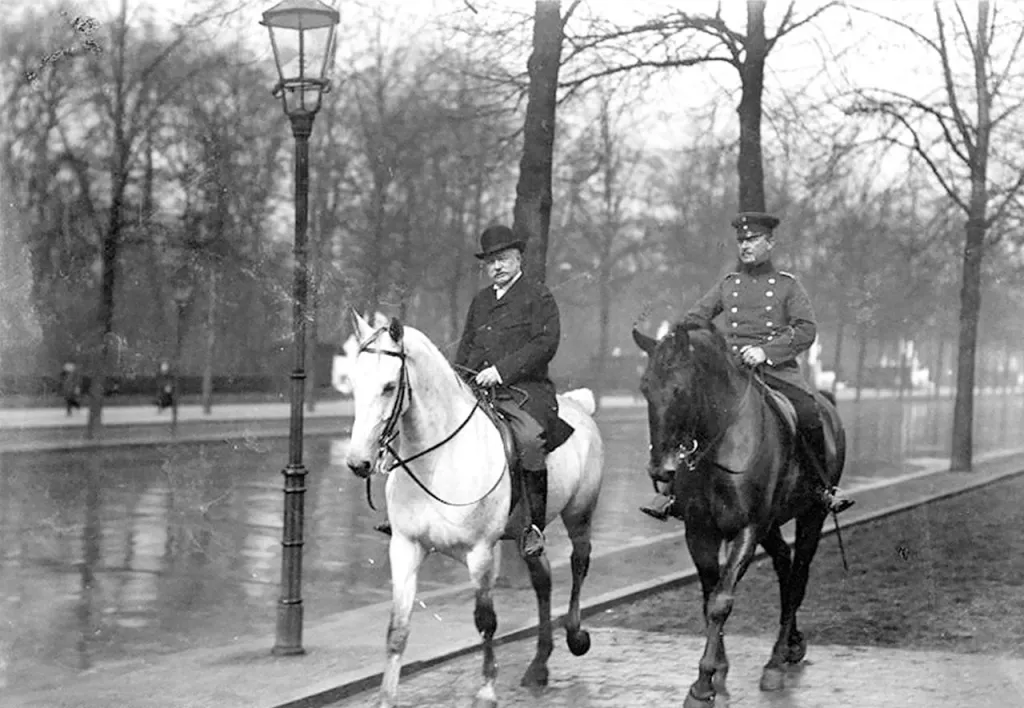Eulenburg and Bülow Princes: Two Scandals that shook the Prussian Court – by Jonathan Spangler

The court of Kaiser Wilhelm II is remembered for its excessive militarism—the Prussian sabre rattling that encouraged the Austrian emperor to send such a strong ultimatum to the Serbs in July 1914 that made World War I inevitable—an excess that ultimately brought about the demise of both monarchies and the dukes and princes that supported them. What is less well known is that the court in Berlin in the first years of the twentieth century was also a hotbed of intrigue headed by a group of nobles close to the Kaiser whose attachments to the extremes of nationalism, even occultism, led to much of this militarism. Two members of this coterie were created princes: Philipp zu Eulenburg and Bernhard von Bülow. Both were members of ancient Junker families, but they only reached the very top of the aristocratic hierarchy at the very end of the period of aristocratic hegemony in Germany. This post will look at these two families in comparison to see how they scaled this ladder. Besides the two most prominent members, there were many others who achieved prominence as ministers or generals, and in the case of the Bülows, as musicians too. The first Prince zu Eulenburg scandalised society when whispers about his homosexuality were dragged in front of the courts and the world’s newspapers in 1906-08. The first (and only) Prince von Bülow was also accused of ‘deviancy’, but it didn’t stick—nevertheless he too was brought down, a year later following another scandal in the press, a scandal that nearly lead to war with France five years before anyone had even heard of the Archduke Franz Ferdinand. The ‘Eulenburg Affair’ and the ‘Daily Telegraph Affair’ were instrumental in the melt-down of the Kaiser’s regime, long before the First World War had begun.



